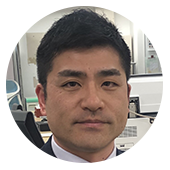"I can't wait to conduct!"
For 19 years, the Seiji Ozawa Music Academy has been attracting aspiring musicians in their teens and 20s, from Japan and abroad.
Each year the school stages an opera. Ozawa believes one of the school's central missions is to expose the students to a musical form they have relatively few opportunities to learn about.
This year's performance will be "Carmen", and about 70 students have been taking part in rehearsals. They get just three weeks to practice together.
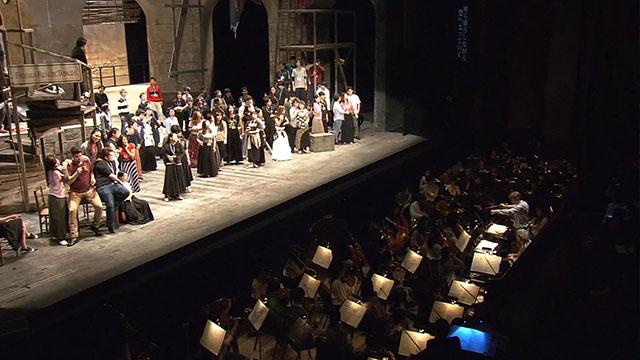
Ozawa couldn't teach at the academy last year. Just before classes began he discovered he had heart disease. But he was back on the podium in March. "I can't wait any longer to conduct," he said.
He may have recovered, but the maestro is now 83 years old and has decided to reduce his workload. This year at the academy he's conducting only one of the opera's four acts, and leading only the first 15 minutes of each rehearsal.
A young violinist’s encounter with the maestro
Ozawa instructs his students with the same passion and precision as ever. "The Sixteenth-note is important," he says. "Important means not only loud but clear." He tells them that operas are very different from symphonies and chamber music, then gives them his signature instruction: "You must listen! Use your ears! Listen, listen, listen!"
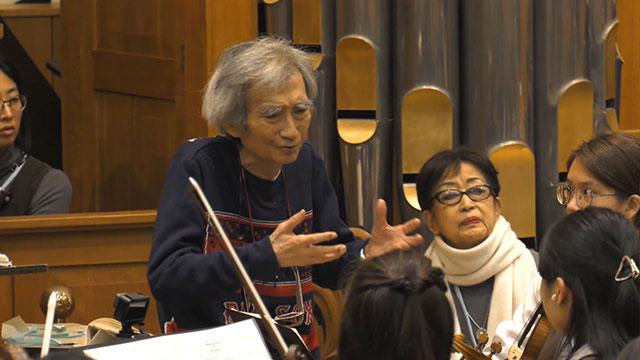
Sayaka Kagei, 21, studies violin at the Tokyo University of the Arts. After her first rehearsal, she says it was so intense she felt lost.
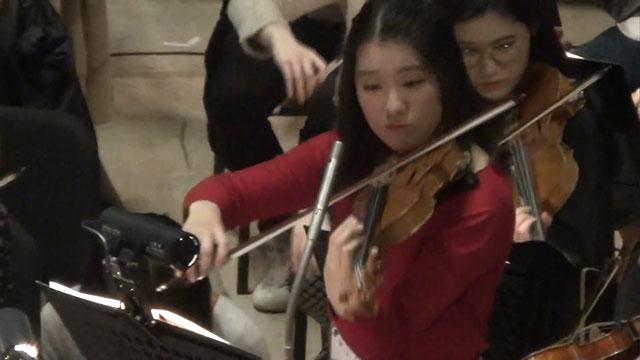
"I still rely on the sheet music in front of me," Kagei says. "I really need to think about how to sound each note. I'm struggling."
Prelude to Act 1
Five days before opening night, Kagei tried a new approach. She kept her eye on the soloist to get the timing.
"I focused on the song as though I was the soloist," she says. "In the past few days, I've started to understand how I should be listening. I guess this way I may be able to do what Maestro Ozawa requires."
On opening night, Ozawa's downbeat launches a thunderous rendition of the famous prelude to Carmen. And practice paid off for Kagei. She and her fellow musicians keep perfect timing with the vocalists. After act one, the maestro retires and long-time friend Christian Arming takes over.
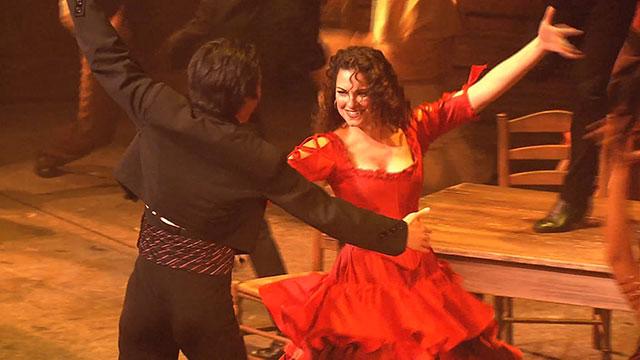
Arming says his old friend is as ardent as he ever was. "I see how Maestro Ozawa is focused and how important it is for him to deliver a message which goes to the core of the music."
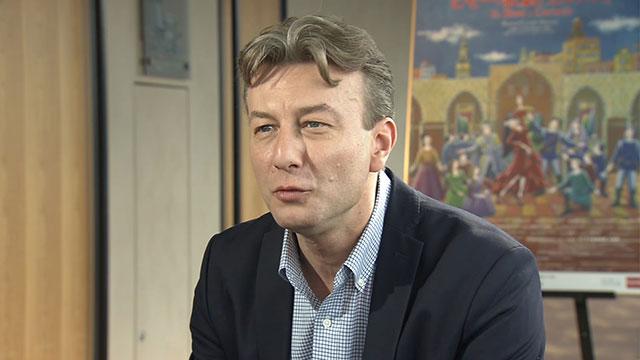
For Sayaka Kagei, it was a learning experience. "I could tell all the singers were using their bodies to sing, and I could relate to them," she says. "I think we were able to create a sense of excitement by fusing human voices with the sounds of musical instruments."
Ozawa was only able to join two of the four opera performances this year. The octogenarian is growing frail, but his passion to pass on his knowledge never dims.

